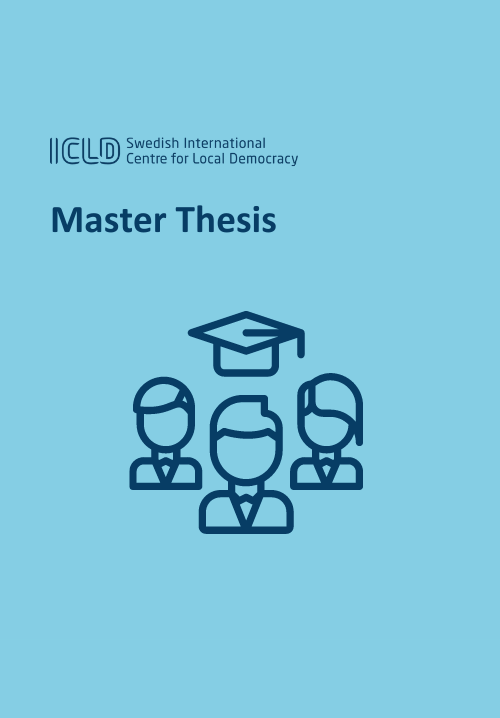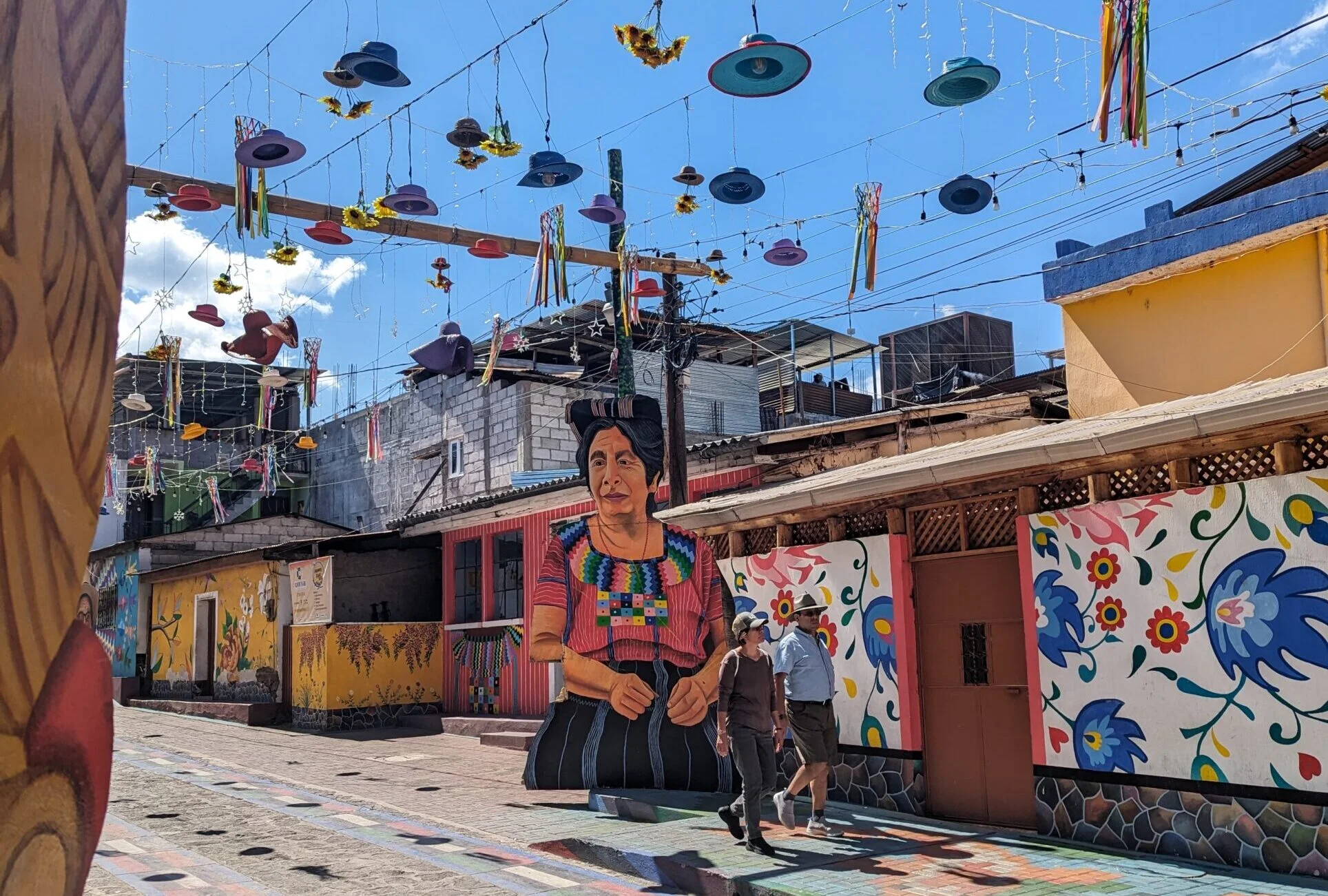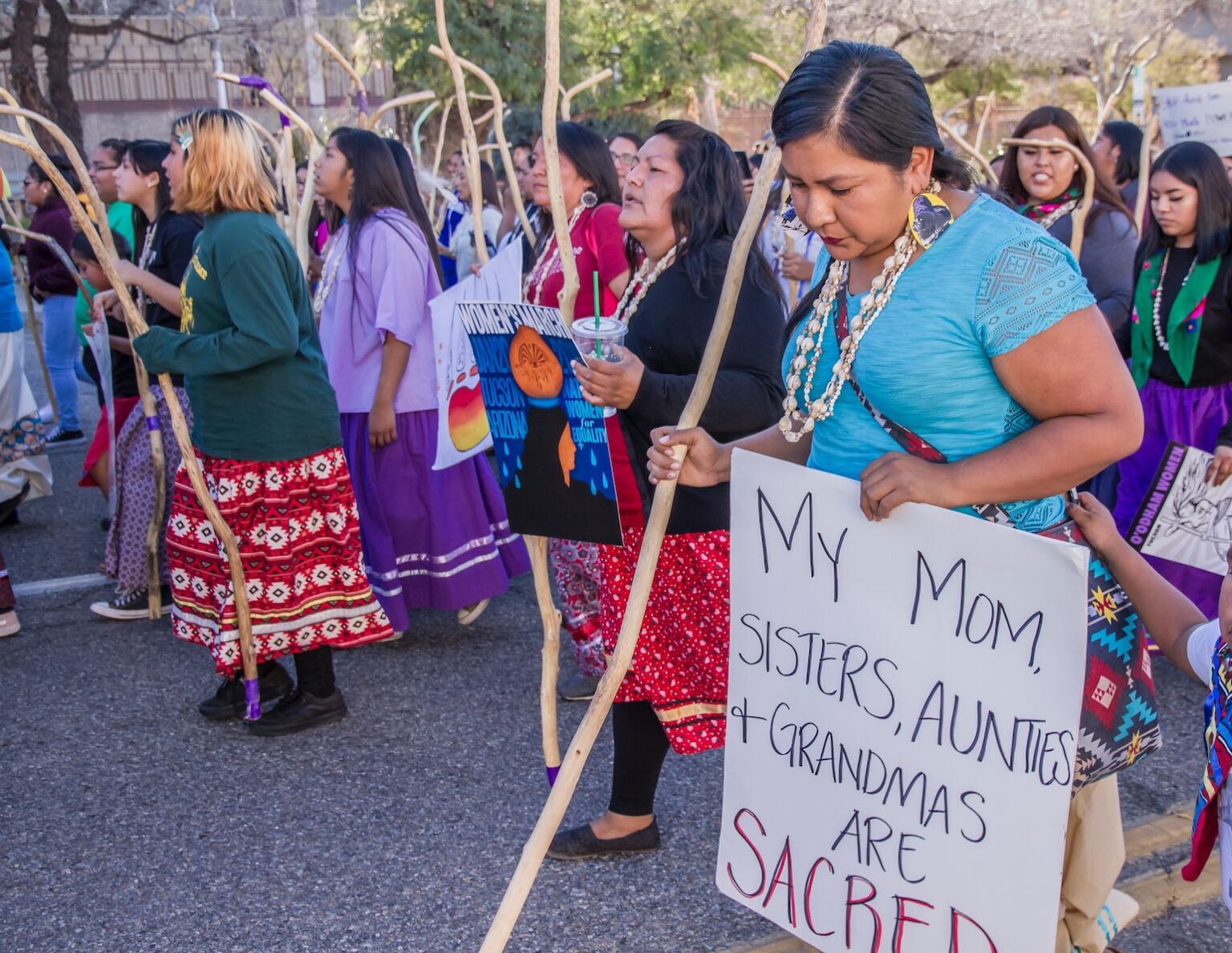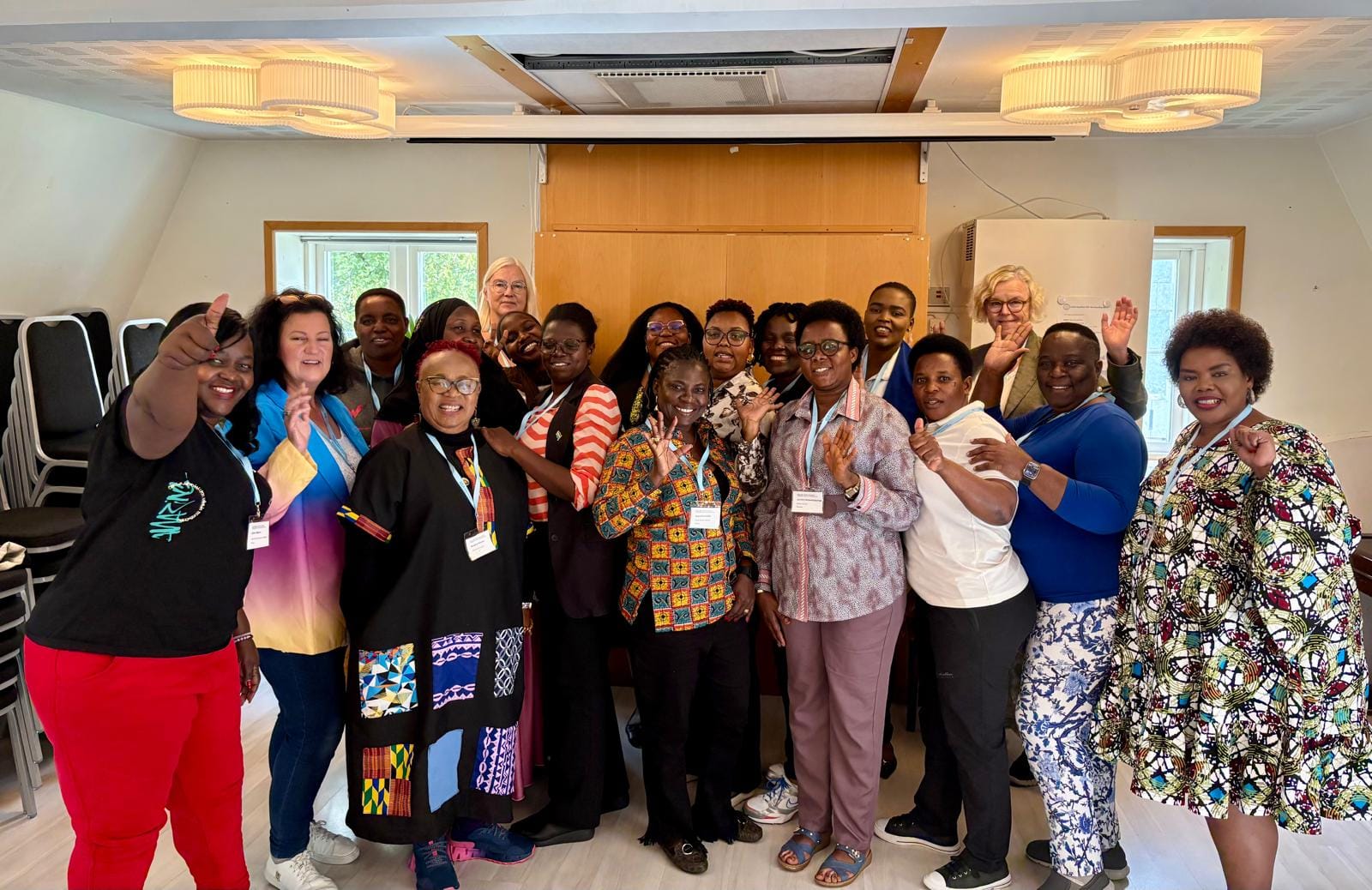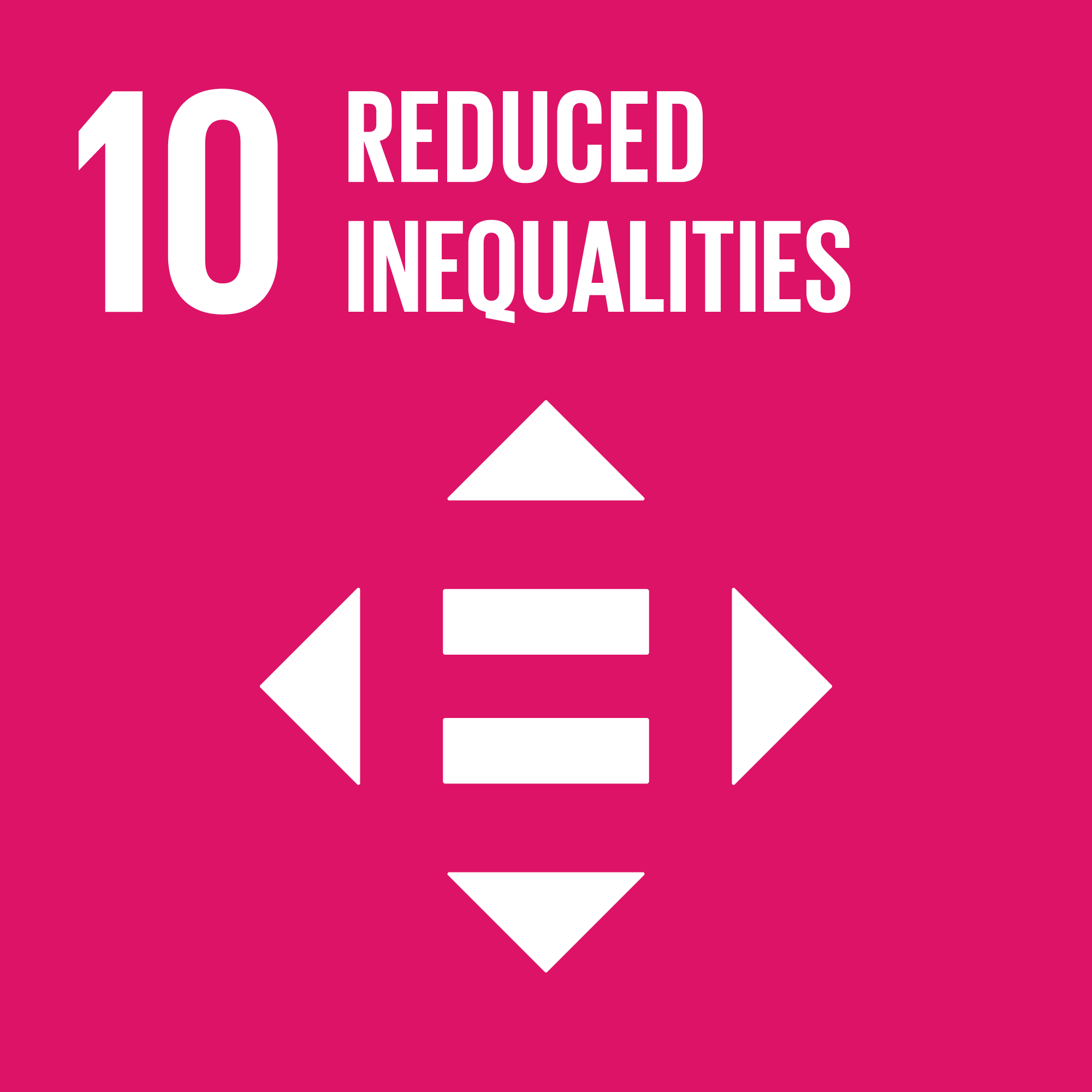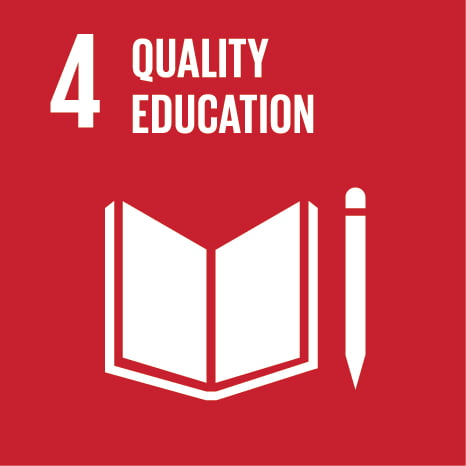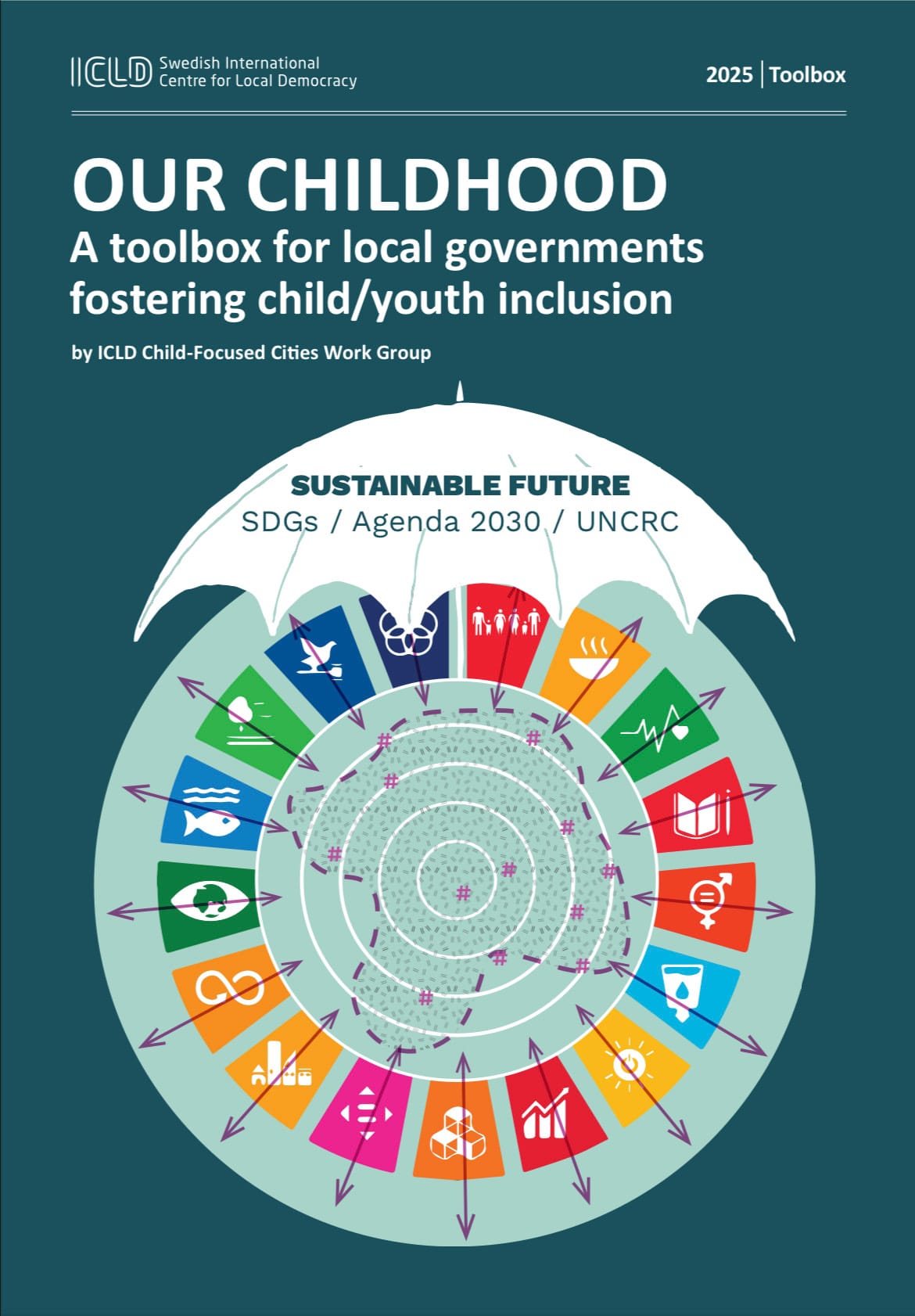5 – Jämställdhet
-
Är kvotering en väg till bättre jämställdhet?
Denna artikel finns också på spanska Lokalt exempel från Guatemala ICLD strävar efter att fler kvinnor ska få möjlighet att ta plats i ledande positioner inom lokala myndigheter. Att delta i politiken är en mänsklig rättighet och med fler kvinnor på ledande poster blir besluten mer inkluderande och präglas oftare av prioriteringar som rör social…
-
Unseen Spaces, Unheard Voices: Redefining Gender Roles to Enhance Women’s Political Impact in Guatemala and Colombia
Regional focus: South America – Colombia and Guatemala Time: September 2025 – May 2026 Abstract: This research project explores the role of gender social norms intersection in self-made spaces of participation (i.e. small cooperatives and informal local groups) and local governments “invited spaces” (i.e. street office, participatory budget, one-stop office, etc) and the impact those norms have…
-
Ledarskap som gör skillnad
Vad motiverar och utmanar kvinnor i politiskt ledarskap? Deltagarna i ICLD:s internationella ledarskapsprogram, ”Women’s Political Leadership”, delar med sig av sina erfarenheter kring vad som driver dem, vad som gör ledarskap meningsfullt och vilka hinder de möter i sin vardag som lokala och regionala politiker. Det handlar om tillit, integritet och hur man skapar långsiktig…
-
Lidingö – Slavuta, Ukraine
Resilient Education: Empowering Democracy Through Critical Thinking The partnership between Lidingö and Slavuta focuses on resilient education, aiming to strengthen local democracy through critical thinking among youth. With the backdrop of war and societal challenges, the project emphasizes inclusive, accessible, and democracy-oriented education to strengthen social cohesion and long-term societal resilience. Both municipalities focus on…
-
Who gets to take part: understanding intersectionality and barriers to political participation in Colombia
Regional focus: Latin America – Colombia Time: March – November 2025 Abstract: In Colombia, Latin America, and elsewhere, barriers to political participation are manifold. This research project seeks to identify and analyze the intersectional barriers to political participation faced by Indigenous and Afro-descendent populations. Focusing on the dynamics of power that underpin marginalization due to gender, ethnicity,…


